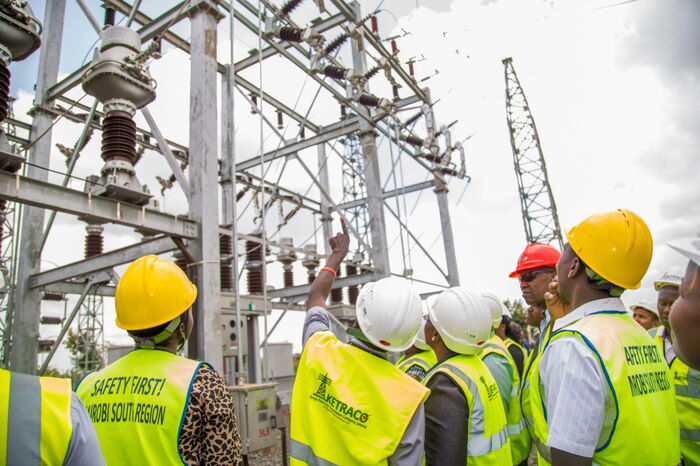Kenya has officially signed a Ksh95 billion power transmission deal with India’s Adani Energy Group to construct 422 kilometers of transmission lines, despite facing opposition. Energy Cabinet Secretary Opiyo Wandayi announced the agreement on Friday, October 11, marking a major step in modernizing Kenya’s power infrastructure.
The contract, finalized on October 9 after four months of negotiations, involves Adani’s commitment to develop, finance, construct, and maintain key transmission lines and substations across the country. Wandayi stated, “This agreement is a transformative initiative to address our power transmission challenges.”
Though the Adani Group has faced controversies regarding its business practices, Wandayi defended the partnership, stressing the urgent need to improve Kenya’s power grid to reduce the country’s frequent blackouts. He emphasized that “the nation cannot afford to delay critical infrastructure upgrades.”
The project, with a total cost of Ksh95.68 billion (USD 736.51 million), will be financed through debt and equity raised by the Adani Group, with repayment expected over 30 years. However, concerns have emerged that the company may recoup Ksh634.7 billion (USD 4.92 billion) from Kenyan consumers over that period, potentially leading to higher electricity costs.
The deal includes the construction of three high-voltage power transmission lines and two substations, enhancing the national grid’s reliability. Among the lines is the 400kV Gilgil-Thika-Malaa-Konza line, which spans 208.73 kilometers and features new substations at Gilgil, Thika, and Malaa.
Wandayi assured that the agreement followed a competitive bidding process and thorough stakeholder engagement. Despite public skepticism about Adani’s reputation, the government has highlighted the importance of this partnership in stabilizing Kenya’s energy sector. The Adani Group is also exploring further investment in Kenya, including hydroelectric projects, in a bid to capitalize on the country’s hydropower potential.
The deal signifies a key moment in Kenya’s energy development, but questions remain about the long-term financial impact on consumers and the country’s dependence on foreign investments.

